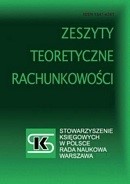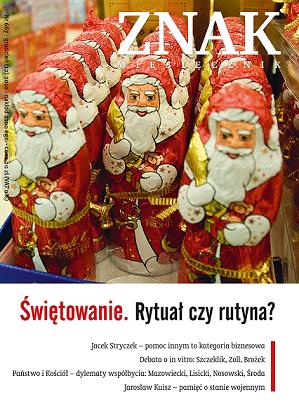
Methods and conditions of performance measurement in the public sector
Metody i uwarunkowania pomiaru dokonań w rachunkowości zarządczej jednostek sektora publicznego
Public sector consumes about 30–40% of GDP, even in of developed countries However, this sector if often plagued with bureaucracy, inefficiency and poor quality of services. New Public Management movement was created to overcome those drawbacks of the public sector. The main objective of the article is to outline and to analyze specific determinants of the performance measurement systems in the public sector. It also briefly presents some cases of implementation of Balanced Scorecard in the public sector. The paper is closed with conclusions concerning implementation of performance measurement systems in the public sector.
More...
